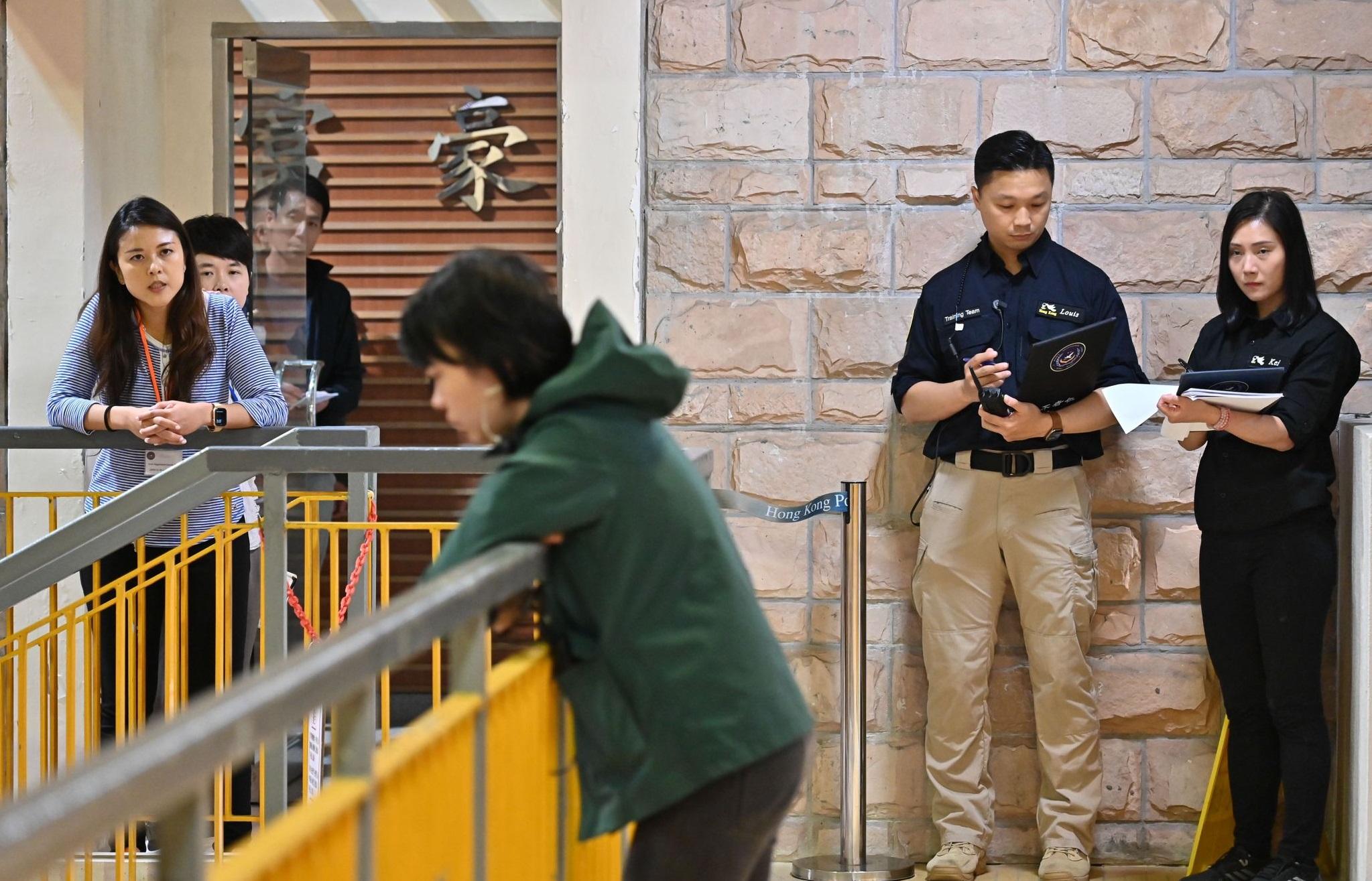Proposed extension works of Tuen Mun Hoi Wing Road gazetted
The Government gazetted today (December 1) the proposed extension of Hoi Wing Road in Tuen Mun, including the construction of a slip road between Tuen Mun Road (Sam Shing Section) northbound and Hoi Wing Road westbound, to improve the existing traffic conditions in Tuen Mun District.
Details of the proposal are set out in the Annex. The plan and scheme of the works are available for public inspection at the following government offices during office hours:
Central and Western Home Affairs Enquiry Centre,
G/F, Harbour Building,
38 Pier Road, Central, Hong Kong
Tuen Mun Home Affairs Enquiry Centre,
2/F, Tuen Mun Government Offices,
1 Tuen Hi Road, Tuen Mun, New Territories
District Lands Office, Tuen Mun,
6/F, Tuen Mun Government Offices,
1 Tuen Hi Road, Tuen Mun, New Territories
The gazette notice, scheme, plan and location plan are available at www.tlb.gov.hk/eng/publications/transport/gazette/gazette.html.
Any person who wishes to object to the works or the use, or both, is required to address to the Secretary for Transport and Logistics an objection in writing, which can be submitted via one of the following means:
- By post or by hand to the Transport and Logistics Bureau's Drop‑in Box No. 6 located at the entrance on 2/F, East Wing, Central Government Offices, 2 Tim Mei Avenue, Tamar, Hong Kong. The box is available for use between 8am and 7pm from Monday to Friday (except public holidays);
- By fax to 2868 4643; or
- By email to gazettetlb@tlb.gov.hk.
A notice of objection should describe the objector's interest and the manner in which he or she alleges that he or she will be affected by the works or the use. Objectors are requested to provide contact details to facilitate communication. A notice of objection should be delivered to the Secretary for Transport and Logistics not later than January 30, 2024.



